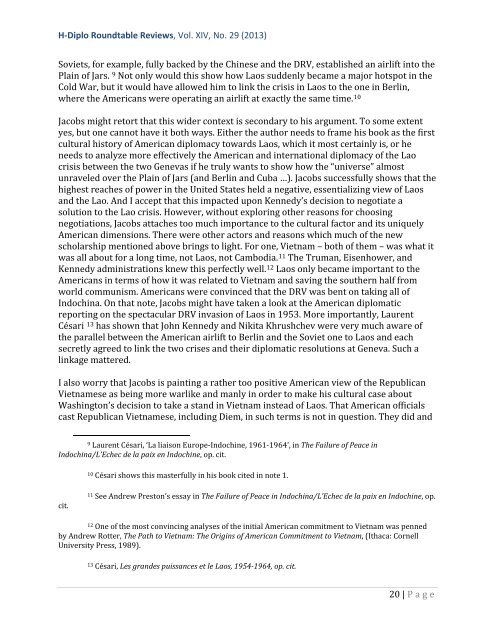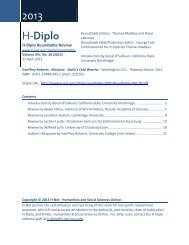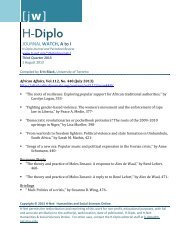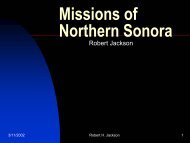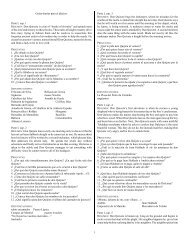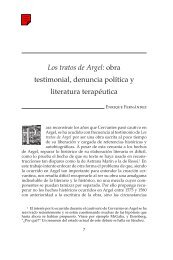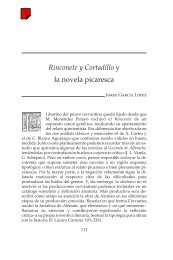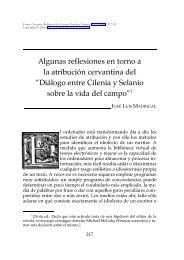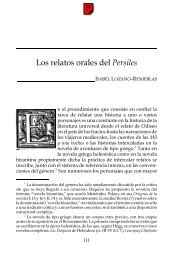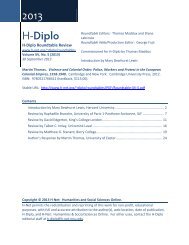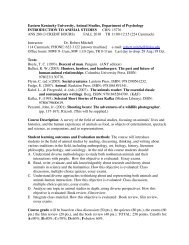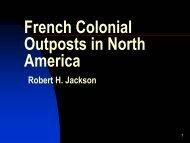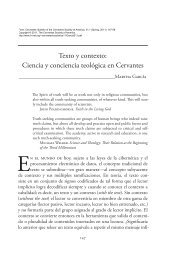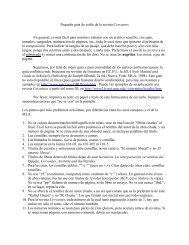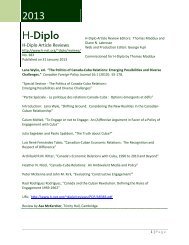H-Diplo Roundtables, Vol. XIV, No. 29 (2013) - H-Net
H-Diplo Roundtables, Vol. XIV, No. 29 (2013) - H-Net
H-Diplo Roundtables, Vol. XIV, No. 29 (2013) - H-Net
You also want an ePaper? Increase the reach of your titles
YUMPU automatically turns print PDFs into web optimized ePapers that Google loves.
H-<strong>Diplo</strong> Roundtable Reviews, <strong>Vol</strong>. <strong>XIV</strong>, <strong>No</strong>. <strong>29</strong> (<strong>2013</strong>)<br />
Soviets, for example, fully backed by the Chinese and the DRV, established an airlift into the<br />
Plain of Jars. 9 <strong>No</strong>t only would this show how Laos suddenly became a major hotspot in the<br />
Cold War, but it would have allowed him to link the crisis in Laos to the one in Berlin,<br />
where the Americans were operating an airlift at exactly the same time. 10<br />
Jacobs might retort that this wider context is secondary to his argument. To some extent<br />
yes, but one cannot have it both ways. Either the author needs to frame his book as the first<br />
cultural history of American diplomacy towards Laos, which it most certainly is, or he<br />
needs to analyze more effectively the American and international diplomacy of the Lao<br />
crisis between the two Genevas if he truly wants to show how the “universe” almost<br />
unraveled over the Plain of Jars (and Berlin and Cuba …). Jacobs successfully shows that the<br />
highest reaches of power in the United States held a negative, essentializing view of Laos<br />
and the Lao. And I accept that this impacted upon Kennedy’s decision to negotiate a<br />
solution to the Lao crisis. However, without exploring other reasons for choosing<br />
negotiations, Jacobs attaches too much importance to the cultural factor and its uniquely<br />
American dimensions. There were other actors and reasons which much of the new<br />
scholarship mentioned above brings to light. For one, Vietnam – both of them – was what it<br />
was all about for a long time, not Laos, not Cambodia. 11 The Truman, Eisenhower, and<br />
Kennedy administrations knew this perfectly well. 12 Laos only became important to the<br />
Americans in terms of how it was related to Vietnam and saving the southern half from<br />
world communism. Americans were convinced that the DRV was bent on taking all of<br />
Indochina. On that note, Jacobs might have taken a look at the American diplomatic<br />
reporting on the spectacular DRV invasion of Laos in 1953. More importantly, Laurent<br />
Césari 13 has shown that John Kennedy and Nikita Khrushchev were very much aware of<br />
the parallel between the American airlift to Berlin and the Soviet one to Laos and each<br />
secretly agreed to link the two crises and their diplomatic resolutions at Geneva. Such a<br />
linkage mattered.<br />
I also worry that Jacobs is painting a rather too positive American view of the Republican<br />
Vietnamese as being more warlike and manly in order to make his cultural case about<br />
Washington’s decision to take a stand in Vietnam instead of Laos. That American officials<br />
cast Republican Vietnamese, including Diem, in such terms is not in question. They did and<br />
9 Laurent Césari, ‘La liaison Europe-Indochine, 1961-1964’, in The Failure of Peace in<br />
Indochina/L’Echec de la paix en Indochine, op. cit.<br />
10 Césari shows this masterfully in his book cited in note 1.<br />
cit.<br />
11 See Andrew Preston’s essay in The Failure of Peace in Indochina/L’Echec de la paix en Indochine, op.<br />
12 One of the most convincing analyses of the initial American commitment to Vietnam was penned<br />
by Andrew Rotter, The Path to Vietnam: The Origins of American Commitment to Vietnam, (Ithaca: Cornell<br />
University Press, 1989).<br />
13 Césari, Les grandes puissances et le Laos, 1954-1964, op. cit.<br />
20 | P age


